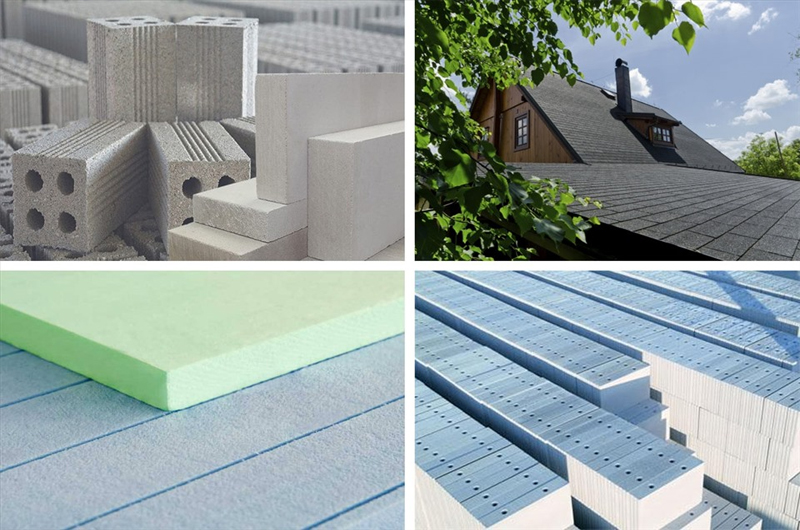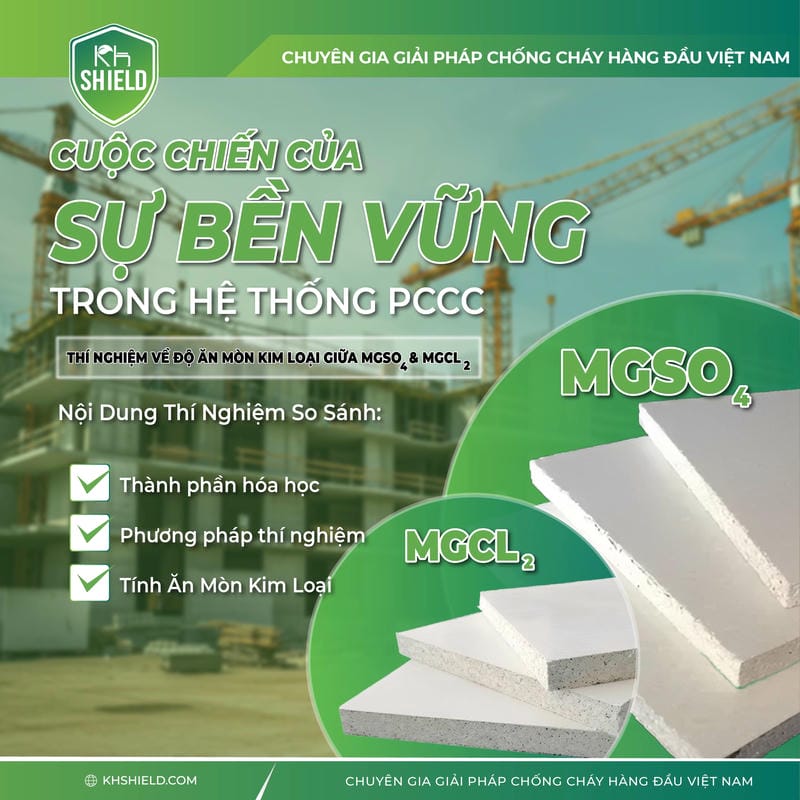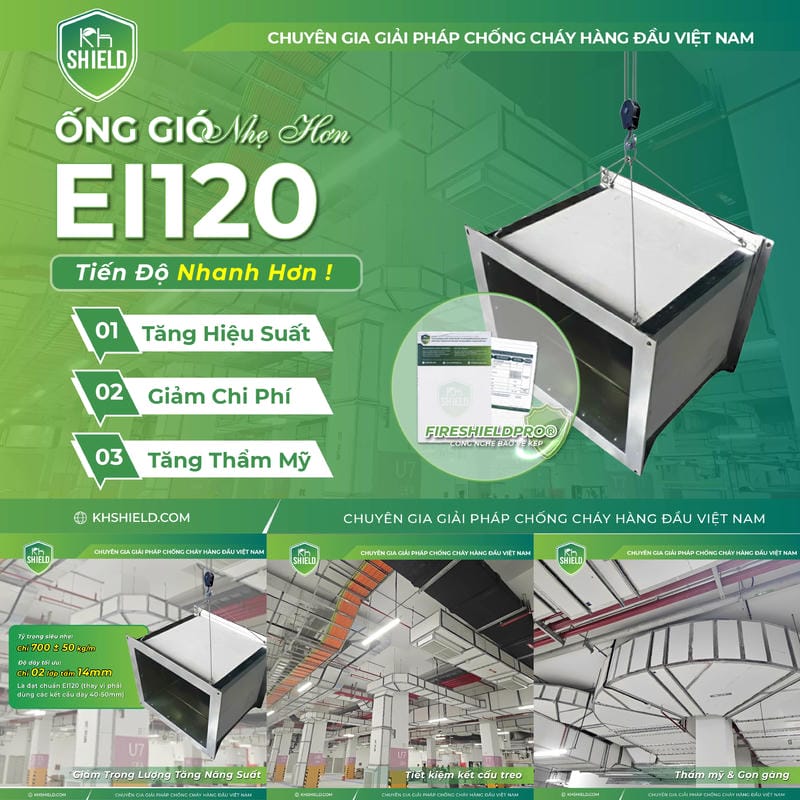
Thematic
Green Materials: The New Standard
Construction is one of the spearhead industries in the process of industrialization and modernization of the country. As more new projects are constructed, the physical infrastructure and the quality of life for the population improve. However, accompanying this development are numerous environmental protection issues. To address this challenge, several solutions have been proposed, such as using green materials, reducing waste, recycling, and reusing.
From predicted consequences to remedial measures

Current environmental pollution caused by the impact of the construction industry
According to research data from the UK Green Building Council (USGBC), the global construction industry uses over 400 million tons of materials annually, most of which have a certain negative impact on the environment. Furthermore, USGBC calculations indicate that the construction industry accounts for up to 40% of global annual energy consumption and is responsible for:
- 23% of air pollution
- 50% of climate change
- 40% of water pollution
- 50% of landfill waste
Every construction project and housing development has the potential to affect the environment through factors such as air pollution, noise pollution, water pollution, if proper environmental protection measures are not implemented by the developers.
From the reasons leading to environmental pollution in the construction industry, corresponding remedial measures are proposed as follows:
- Establishing an environmental management system: Each construction unit should implement an environmental management system for each project it is responsible for. Construction contractors are responsible for supervising environmental protection activities in each stage and aspect of construction.
- Noise management: Noise pollution is an integral part of every construction project. However, contractors can address this issue by performing regular equipment maintenance, installing noise-reducing barriers, applying noise-reducing construction methods, and ensuring noise levels comply with standards such as TCVN 5949-1998.
- Waste and water pollution management: Construction waste directly affects the quality of the surrounding environment. Construction contractors should ensure the use of equipment, materials, and construction products that are suitable for the environment and have good recycling and decomposition capabilities.
Green materials – A new trend in the construction industry

The new trend in the construction industry is called green materials.
Green materials are types of materials that are environmentally friendly and do not pollute. These are materials with good recycling and decomposition capabilities. In addition, green materials need to fulfill the following two factors:
- Green production process: Green materials should not contribute to fuel waste or environmental impact during production.
- Green usage process: Green materials, when used, should not negatively affect human health and should have a recycling and decomposition cycle that ensures environmental safety.
In recent years in our country, the trend of using green and non-fired materials in construction is gradually becoming a new trend. Many domestic enterprises have been making continuous breakthroughs with products that lead the market’s development.
Green materials play a significant role in reducing the impact of the construction industry on the environment. They help protect people’s lives from:
- Noise and dust pollution from construction sites
- Water pollution from construction worker activities
- Landfill waste from non-recyclable construction materials
KH Shield Panel – Environmentally friendly green material

Fire-resistant and thermal-insulating KH Shield panels are environmentally safe
Through research and development, KH Shield Joint Stock Company has introduced fire-resistant and thermal-insulating KH Shield panels, ensuring environmental safety and user safety. These products have undergone stringent testing by authorized agencies and meet construction standards.
Fire-resistant and thermal-insulating KH Shield panels are manufactured based on the proprietary FireShieldPRO® technology, using green raw materials such as agricultural additives, fiberglass mesh, and adhesive components to create an environmentally friendly material with outstanding advantages:
- Infinite recyclability: The ability for infinite recycling makes KH Shield panels one of the first construction materials that have no negative impact on the environment after use.
- Lightweight: Compared to conventional fire-resistant materials, KH Shield panels are very lightweight. This supports transportation and installation, making construction processes easier. This also significantly saves fuel consumption and labor during construction.
- No black smoke generation: In case of a fire, KH Shield panels will not produce black smoke when exposed to high temperatures. Thus, choosing KH Shield panels minimizes the potential impact on air pollution.
- No toxic emissions: The absence of toxic emissions harmful to humans during usage is another factor that contributes to the green material characteristics of KH Shield panels, with negligible formaldehyde content.
Green materials are the choice for future trends, contributing to environmental protection and sustainable development of the country. In the construction industry, green materials are an essential and irreplaceable component in any project.
Update the latest topic
Update highlights

Consultation on fire and explosion prevention solutions












